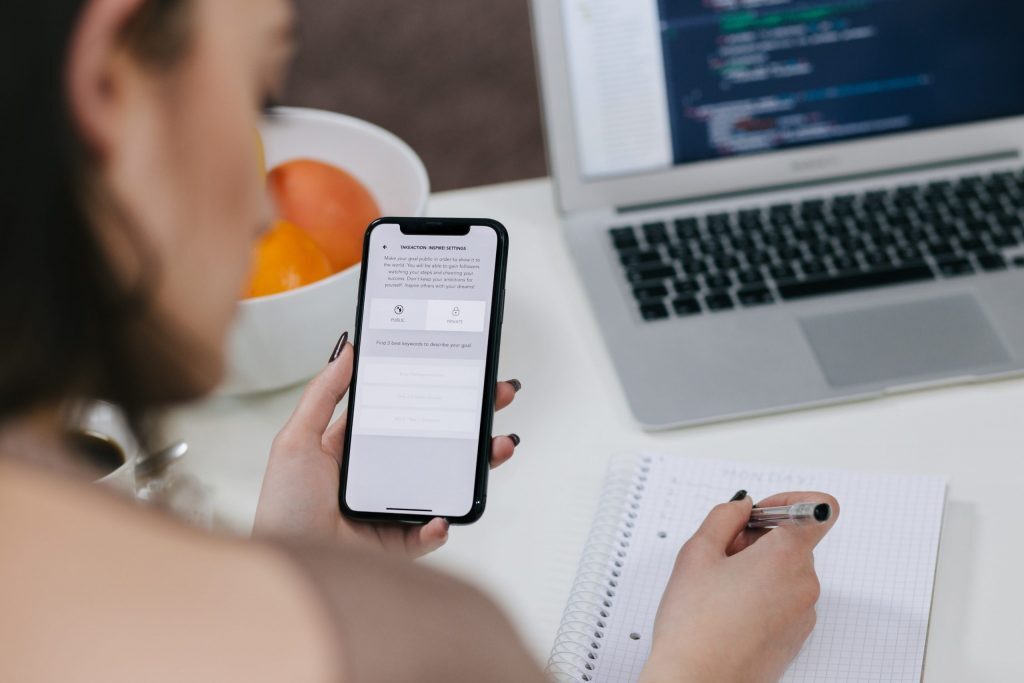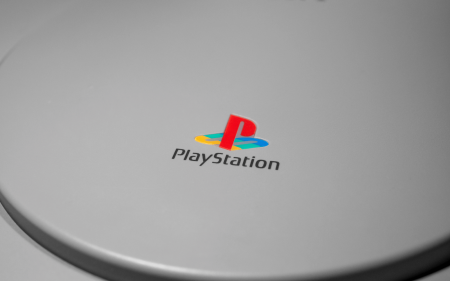Now that the first case of the coronavirus has officially entered our borders, it’s time we start taking this whole thing a little more seriously. To help keep you safe during these sickly times, we’ve compiled a guide on how to keep your phone and other peripherals clean because those little rascals pick up far more than just WiFi signals.

You probably don’t need to be told this, but that mobile device you keep tucked in your pocket all day, occasionally passing around to friends to show them a hot meme, is crawling with germs and gross little contagions. While we should all probably keep our phones a whole lot cleaner at the best of times, with the coronavirus confirmed to be in South Africa, it’s certainly worth taking a second to bone up on how to keep your device clean.
Hygiene is a smartphone’s best friend
Look, these microcomputers that make phone calls are incredibly fragile pieces of technology. When you’re cleaning your Galaxy S20 or whatever iPhone is presently sweeping the nation the most important thing to remember is: be careful how you handle it. You don’t need expensive soaps and sanitisers to get the job done. Odds are those high-end cleaning products are more likely to corrode your phone or damage the internals. All you need is the basic stuff.
A microfibre cloth is a good place to start, the sort of thing you’d use to polish a camera lens to ensure you don’t scratch anything. You don’t necessarily need to add anything to the cloth, but for an extra sense of security, maybe dip it into some warm, soapy water. Don’t get the microfibre cloth too wet though, just damp; last thing you want is to let an excessive amount of moisture into any ports. When you’re done with the wipe down, use a second microfibre cloth to retrace your steps and dry everything off.
Speaking of the ports, those little suckers can hold an unholy amount of debris and junk. While you might just take a toothpick to them, you run the risk of scratching internal components. Rather stick a piece of cotton wool over the edge of your toothpick to ensure it can still enter small gaps and clean them out with the utmost efficiency while reducing any possibility of damage.
If you’re extremely paranoid about cleaning your phone, we’d recommend an ultraviolet light sanitiser. A strong UV light should clear the surface of any germs that might have eluded you. Still, best to not solely rely on this method as it will never be as efficient as a solid wipe down.
Polish your peripherals
We’re expanding this out from phones because we realise that people use more than just mobile devices. So many of us are surrounded by keyboards and mouses for several hours a day, so it’s good to give those a clean too.
You can use stronger sanitary products to clean your peripherals but maybe hold off on the strong bleach. Most mouses and keyboards aren’t exactly water-resistant so keep dampness to a minimum. If you want to give your keyboard (and by extension your entire computer) a thorough clean, invest in a can of compressed air to blast the dust out of all those finicky places.
The most satisfying method for keyboard cleaning is the relatively new trend of keyboard gel, a substance that can be spread out over your keys without fear of soaking them. The gel is just sticky enough to collect the dust wedged inside but won’t leave any of itself behind as it pulls out all the dirt within.

If you’re more worried about your laptop screen then our old friend the microfibre cloth makes its grand return, this time with his buddy, a 50:50 isopropyl alcohol and water mixture. Don’t go wild with the stuff but the added acidity of the alcohol will do wonders to neutralise any hardy germs lingering on your monitor. We’d advise not using anything harsher than that because laptop screens aren’t exactly known for their durability.
While these guidelines are fairly simple to follow, we know for a fact that not enough people engage in these routines. Given that COVID-19 is largely spread through the touching of objects, it’s certainly advisable to keep these items we use every day as clean as possible.
Only you can prevent the spread of the coronavirus.





